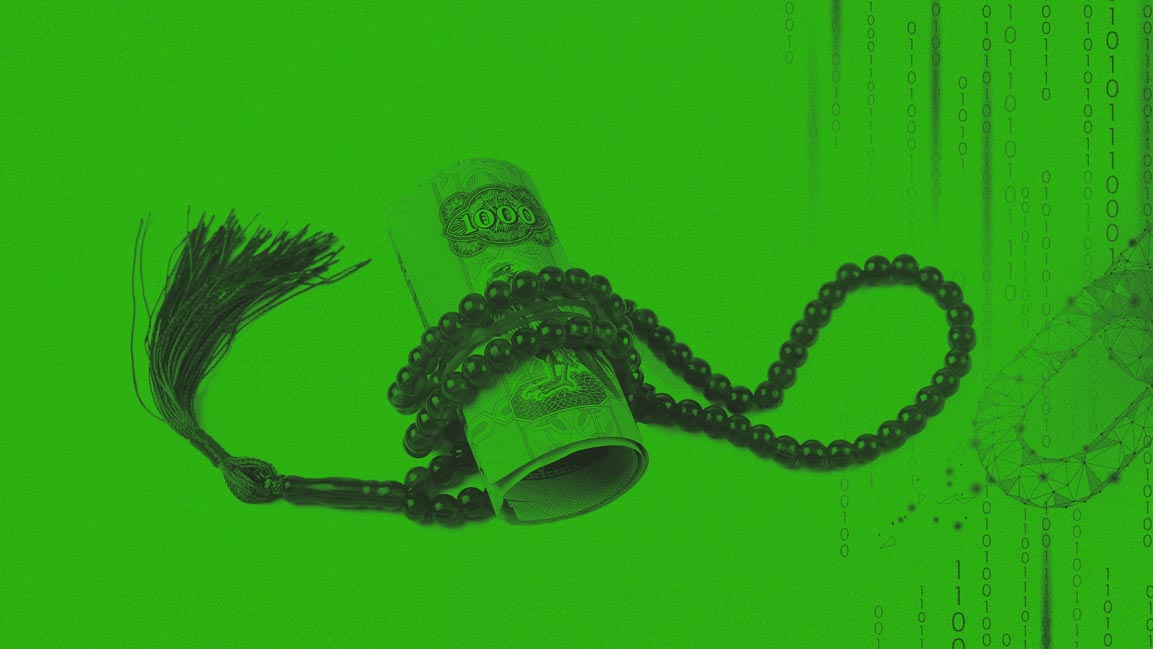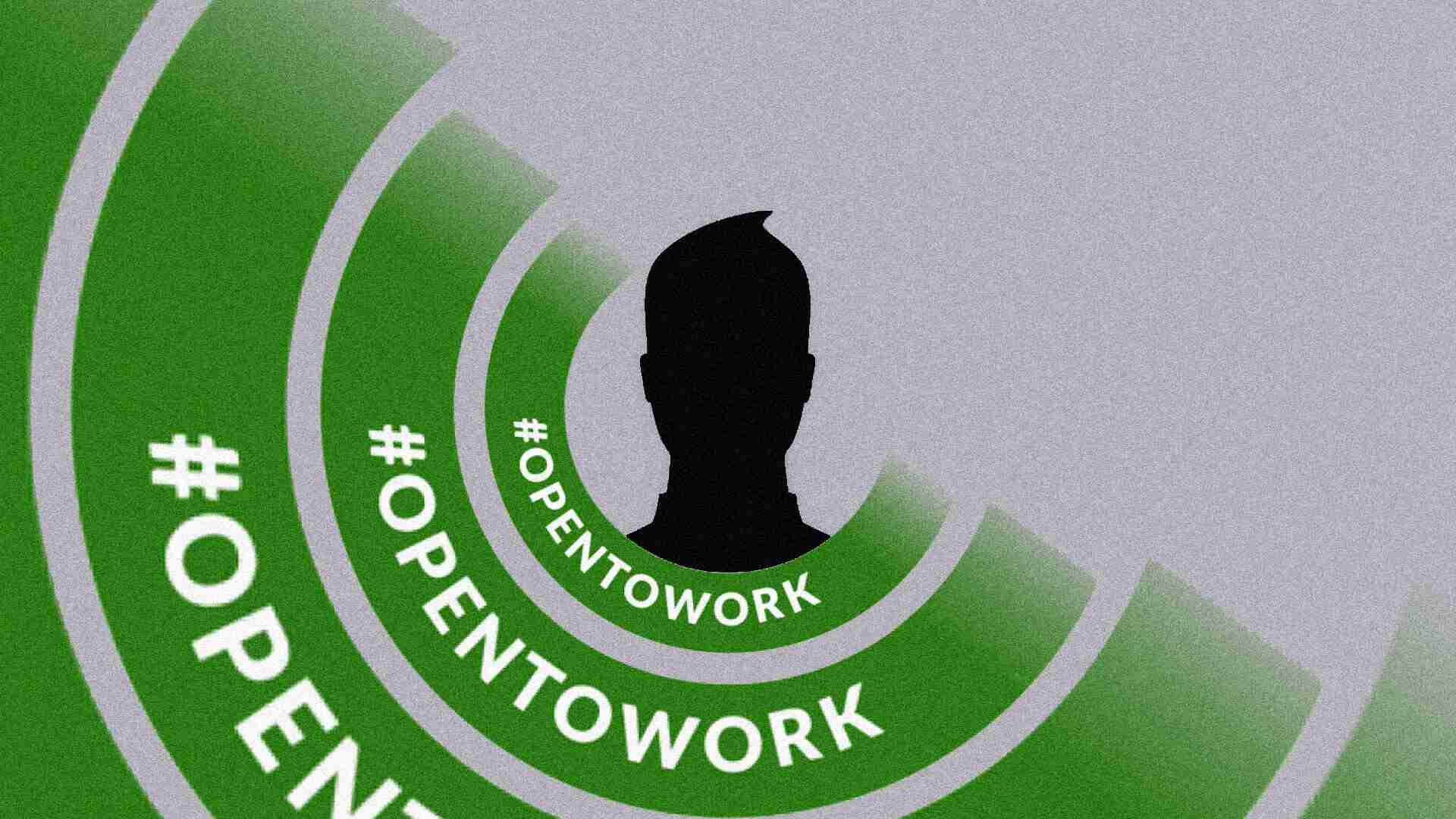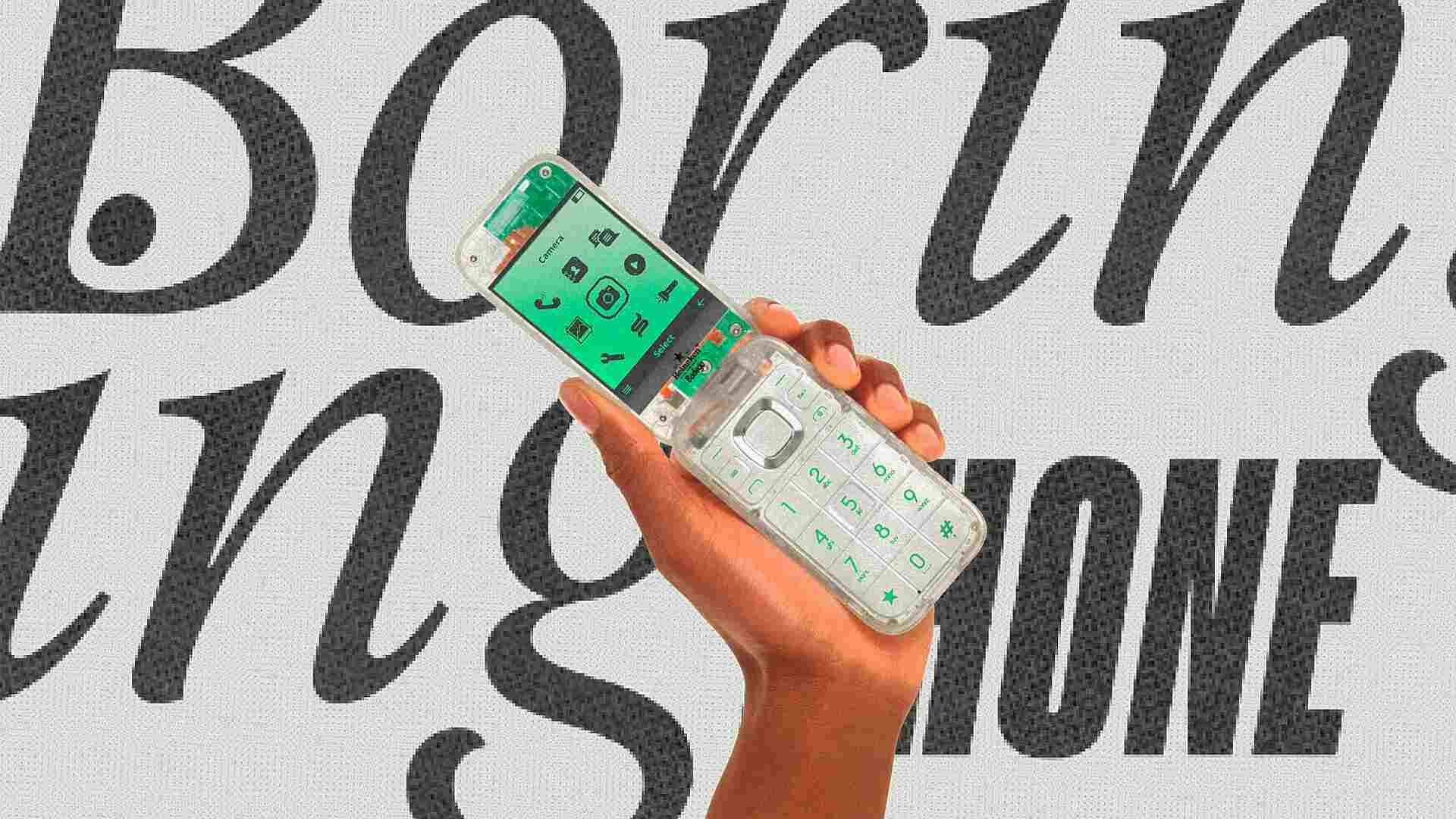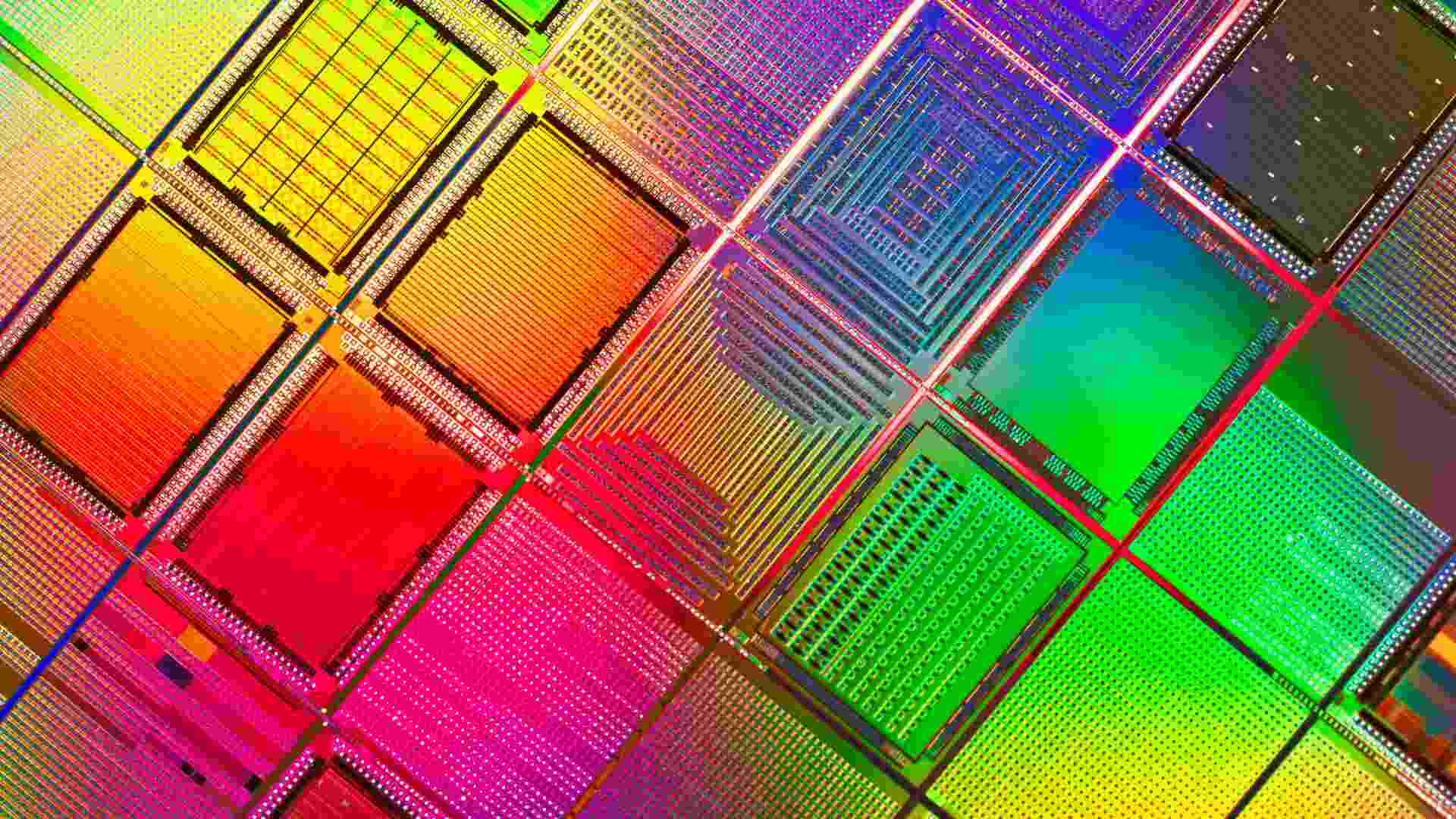- | 11:00 am
How blockchain can transform islamic finance
Features like smart contracts and improved management of zakat could benefit Islamic finance, according to a new Moody’s report.

Islamic finance, a rapidly growing sector projected to reach $6.7 trillion by 2027, is exploring the potential of blockchain technology. While some aspects of blockchain align well with Islamic principles—like transparency and contract automation—challenges remain regarding complete Shariah compliance.
A recent Moody’s Investors Service report highlights how blockchain features like smart contracts and improved management of zakat (charitable giving) could benefit Islamic finance. However, the report also emphasizes the need for careful integration.
Islamic financial institutions must navigate a complex landscape – ensuring Shariah compliance, meeting regulatory requirements, and managing risks like cybersecurity threats. Collaboration with Shariah scholars is crucial to ensure new technologies adhere to Islamic ethical and legal principles.
The report also identifies potential roadblocks. Digital assets, with their potential for anonymity and speculation, raise concerns from a Shariah perspective. Not all blockchain components are considered equal. Unbacked cryptocurrencies and certain tokenized assets are points of debate.
Moody’s suggests some digital assets, particularly those backed by tangible assets like gold or real estate, could be deemed Shariah-compliant due to their intrinsic value.
Additionally, digital assets that serve a clear economic purpose, like facilitating cross-border payments or promoting financial inclusion, may also find acceptance.
The UAE is embracing innovation within Islamic finance. Its well-developed regulatory framework, overseen by the Securities and Commodities Authority and the Central Bank of the UAE (CBUAE), fosters a climate conducive to responsibly exploring digital assets.
According to the CBUAE’s UAE Islamic Finance Report 2023, Islamic banks are actively implementing digital solutions and embracing technological advancements.






























